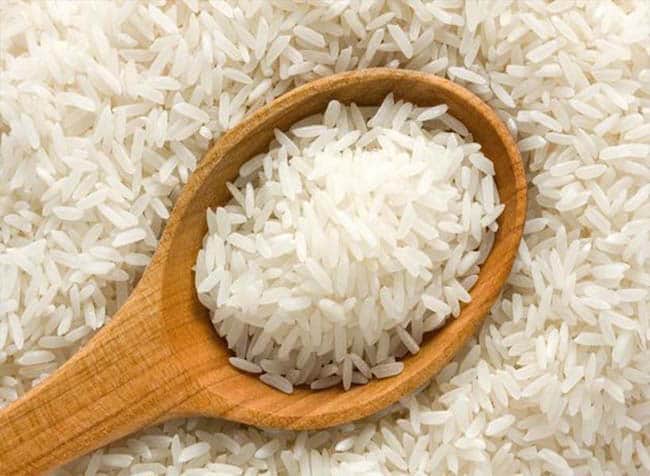
Rice is naturally low in fat, but it is high in carbohydrates. Advocates for a low carbohydrate approach to weight loss argue cutting out grains, like rice, is beneficial for fat loss. However, other research suggests eating rice may not increase risk for obesity. In fact, certain countries known to eat a high amount of rice have low obesity rates.
Other factors also play a role when determining if rice is good for weight loss such as what else does the diet consist of, how much rice you’re eating and what/ how much exercise you are getting.
Bad Rap
A cup of white rice contains about 200 calories and 45 grams of carbohydrates, 0 grams of fat and 4 grams of protein. Not much is getting in the way for stopping the carbohydrates to enter the blood stream after consuming. The increase of glucose in the blood stream signals insulin to be released in a dose dependent manner.
A high release of insulin will lower blood glucose levels, and insulin also promotes fat storage. Since you don’t want to promote fat storage during weight loss, some health professionals recommend a lower carbohydrate diet for weight loss. This means cutting out most grains, like rice.
However, the amount of rice you eat, what type and what you eat the rice with can also impact the impact on blood glucose levels after consuming.
Brown vs. white rice
Brown rice is thought to be healthier than white rice because brown rice contains the bran layer of rice. This bran layer adds fiber and increases the nutritional content of rice. Most of the world eats primarily white rice, but those who are health conscious will usually opt for brown rice.
Brown rice has a slightly higher protein content, higher B vitamins, higher iron, magnesium manganese content and higher fiber content compared to white rice. The type of fiber partly found in brown rice- resistant starch- may be beneficial for weight loss because it may help increase metabolic rate slightly. Brown rice takes longer to digest meaning it is released slower into the blood stream after digestion.
Researchers at Harvard School of Public Health suggest high rice consuming countries, like China, could slow the rate of type 2 diabetes by switching from white rice to brown rice.
Research
Is there any research showing eating rice promotes weight gain? A 2013 study from ARYA Atherosclerosis analyzed the association between white rice intake and central obesity in an Iranian population. The results from this study showed no association between white rice intake and obesity, although researchers also suggest more research needs to be done on this topic.
A 2009 study from the Journal of the American Dietetic Association suggested that people who eat rice also eat more fiber from vegetables and eat more protein from meats and seafood.
Rice eaters also consumed less added sugar and total fat compared to non-rice eaters. This study concluded that eating rice may be linked to healthier eating patterns that may reduce risk for certain chronic diseases.
Asian countries
Asian countries traditionally have a high consumption of rice and have traditionally had a low prevalence of obesity. This may seem paradoxical because they eat a food that is high in starch content that can spike blood sugar and insulin levels.
However, traditional Asian diet is also high in fiber from fruits, vegetables, high in antioxidants and moderate in meat intake. Traditional Asian culture contained little sedentary time, and involved a lot of activity through daily living.
As Asian cultures adapt a more Western lifestyle and diet, obesity rates continue to climb. The association between rice intake and relatively low obesity rates in countries with high rice intake is probably more related to the whole scope of the diet and the naturally highly active lifestyle.
Balance
Whether you should eat rice or not during weight loss is a personal choice, but so far no research suggests you can’t lose weight if you eat rice. In fact one study suggests people who eat rice may have a healthier diet by eating more fiber from vegetables.
So, if you eat rice, an important question is what does the rest of your diet look like? How much rice are you eating, what kind, and what are you eating with it? Are you getting exercise daily or are you sedentary?
If you do eat rice, eat protein, other fibrous fruits or vegetables, beans or nuts with the rice to slow the release of glucose into the blood stream. Brown rice naturally has more fiber, vitamins, minerals and protein and is digested more slowly compared to white rice.
If you eat rice and are trying to lose weight, work on cutting down your portion size as an easy way to lower extra calories. Bump up your vegetable intake to make up the lost volume. You will get more nutrients and fiber for your volume of food.
References used in this article
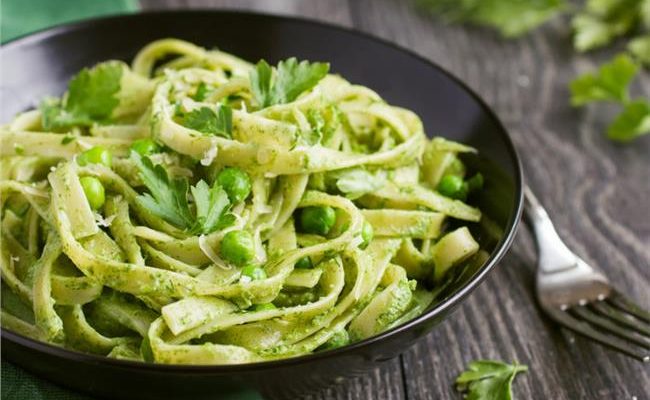


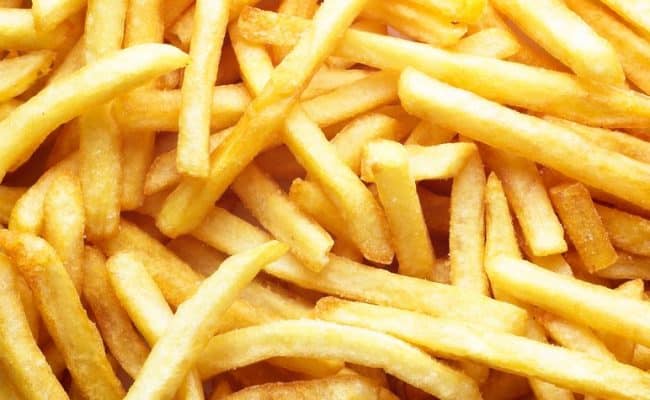
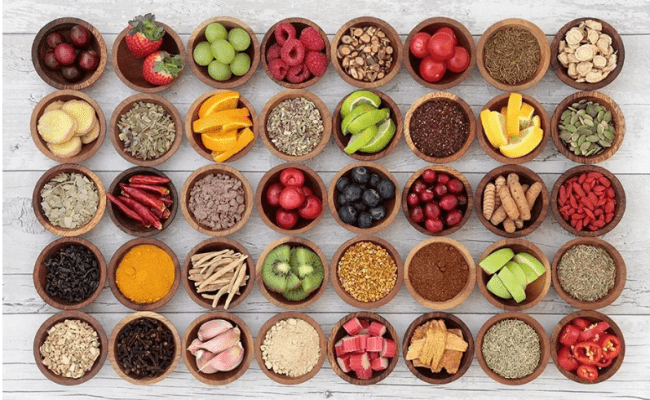
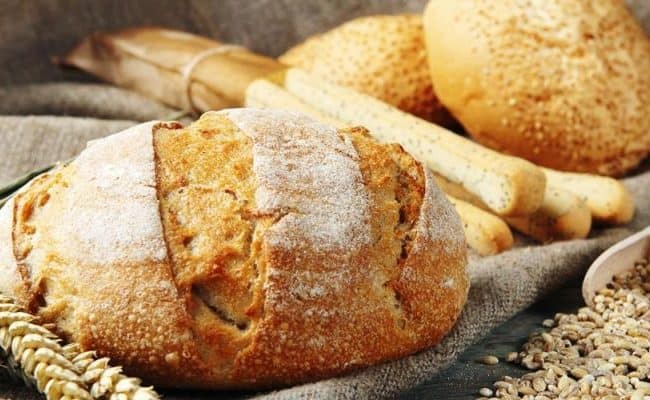


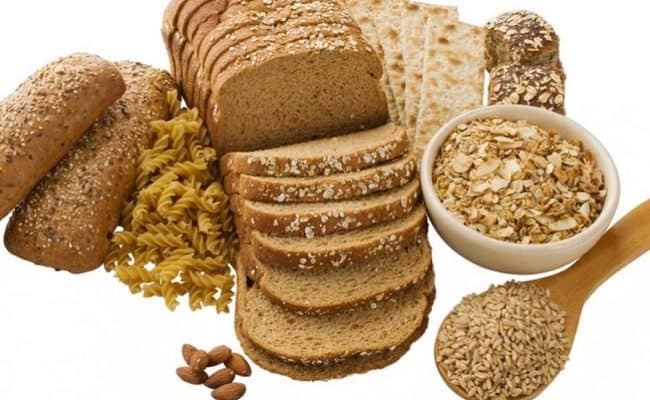


Faraz Ali Khan says
I’m in process to lose my weight and I’m strictly follows my diet plan in which wheat and rice are contraindicated to me . So can I use brown rice in my diet plan ? If yes so how much quantity of brown rice i’ll eat in a week .
Ur kind reply is highly apriciated.
Regards
jasmeet says
i actually lost 25 kgs while eating rice, lentils and vegetables … so i think it might also be related to body type